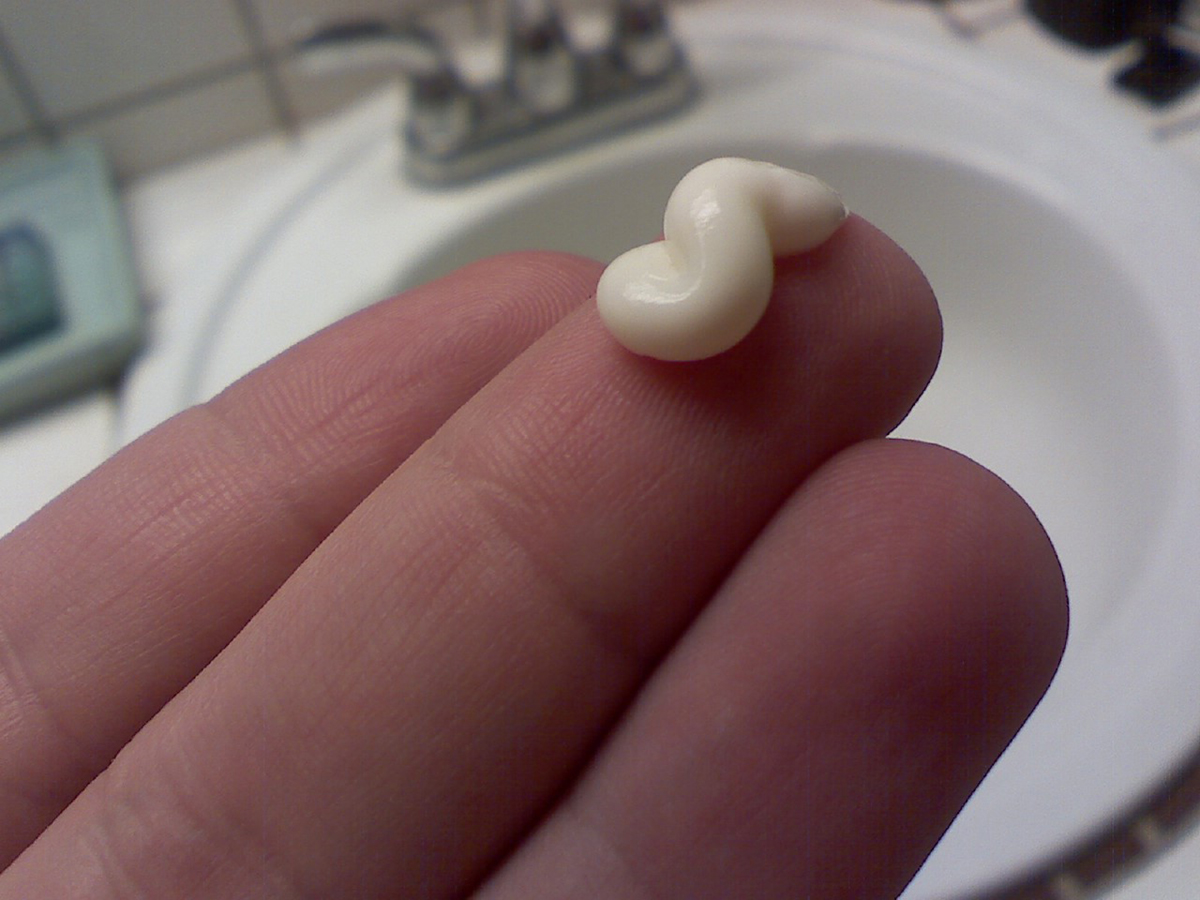Table of Contents
Management Of Oral Psoriasis
The first step is to recognize the symptoms and diagnose the condition so that appropriate treatment can be started. If oral symptoms are the first to appear then a dentist is likely to be the one making the diagnosis.
Ulcers, whitish or reddish patches, increased gingival inflammation, evidence of bone loss, migration of teeth and early loss of teeth are all some of the dental complications associated with Psoriasis. While clinical symptoms are enough to diagnose the condition, a biopsy is frequently ordered for confirmation. The severity of the symptoms can vary widely from patient to patient making for wildly different clinical pictures and coupled with the fact that the incidence of oral Psoriasis is quite low, diagnosing this condition can be a real challenge.

The course of treatment involves systemic steroids, local steroids, antioxidants and nutritional support. The dentist will follow the guidelines of the attending dermatologist or physician in this case. Anesthetic gels may be advised to help the patient in managing the oral symptoms.
A lot of patients frequently complain of a burning sensation and an inability to eat spicy food. Even though the link between gum disease and psoriasis is tenuous at best, the dentist must assume that the patient is at an increased risk of periodontal destruction and proceed accordingly.
An assessment of the current state of the dentition is done during the initial stages. If the periodontal destruction is minimal then non-surgical therapy like scaling and root planning should be considered. Patients should be put on a strict maintenance schedule, preferably once every three months, so that gingival inflammation is kept under control.
READ Link Between Psoriasis And Hypertension
For moderate periodontitis, surgical options also must be considered. The use of bone grafts and membranes to stabilize the dentition is not contraindicated. Ideally, the patient should have an easily maintainable dentition at the end of the surgical treatment.
In case the dentition is severely compromised, extraction of the hopeless teeth should be undertaken at the earliest. Sometimes this may mean that almost all of the teeth have been extracted at a relatively young age.
For such patients, a complete denture is a good option. Implants have been successful in patients with psoriasis, however, the risk of failure is much higher than in unaffected patients. If the patients are willing to spend a large amount of money and commit to a rigorous oral hygiene program, then there is no harm in going ahead with planning for a fixed prosthesis.
Conclusion
The nature of psoriasis has made it difficult to quantify exactly how much benefit dental treatment affords it. It goes through periods of remission and exacerbation without any apparent reason. This period of inactivity may coincide with dental treatment or may be caused by it but knowing for certain is almost impossible.
READ Psoriasis: A Demoralizing Disease That CAN Be Cured
What is well known and accepted is that all conditions which contribute to an inflammatory stress on the immune condition should be counteracted with vigor. Gum disease also falls into that category and should thus be afforded special attention in psoriasis patients.
- www.colgate.com/en/us/oc/oral-health/conditions/immune-disorders/article/how-to-treat-your-psoriasis-mouth-symptoms-0715
- www.dentalhealth.org/news/details/644
- Photo courtesy of mysiann: www.flickr.com/photos/mysiann/489536302/
- Photo courtesy of thecampbells: www.flickr.com/photos/thecampbells/3350877893/
- Photo courtesy of mysiann: www.flickr.com/photos/mysiann/489536302/

